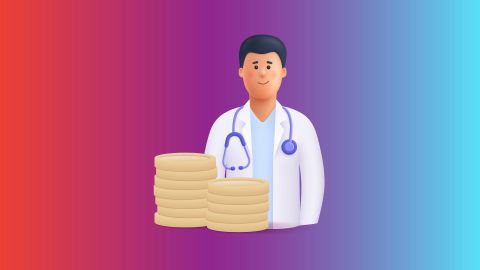What is an electronic health record (EHR)?
An electronic health record (EHR) is like a paper chart for a patient, but it is stored on a computer. EHRs are patient-centred, real-time records that allow authorised users to access information promptly and safely. An EHR contains a patient's medical and treatment history, but it can also include more than just the conventional clinical data obtained in a provider's office.
It can provide a more detailed picture of a patient's care. EHRs are important components of health IT because they can take over the following tasks easily:
- Keep track of a patient's complete medical history.
- Provide providers with access to evidence-based tools for making decisions about a patient's care.
- Provide patients with access to their own health information.
- Automate and simplify healthcare providers' work.
One of the most important things about an EHR is that it lets doctors who are allowed to do so create and manage electronic medical records in a digital format that can be shared with other providers. EHRs help share information easily with other health care providers, like labs, specialists, medical imaging centres, pharmacies, and more. This means that they include information from all professionals involved in the care of a patient.
What are the uses of EHR Systems?
Use of EHR systems
EHRs can provide a more detailed picture of a patient's care. EHRs are important components of health IT because they can take over the following tasks easily:
- Keep track of a patient's complete medical history.
- Provide providers with access to evidence-based tools for making decisions about a patient's care.
- Provide patients with access to their own health information.
- Automate and simplify healthcare providers' work.
An electronic medical report within an EHR system contains the following information about a patient’s medical history:
- Information on administration and billing
- Demographics
- Notes on progress of treatment
- Vital signs
- Diagnoses and medications for medical conditions
- Vaccination dates
- Allergies of any kind
- Images radiology departments
- Laboratory test results
Additional Read: Ten reasons why doctors should consider going digital




